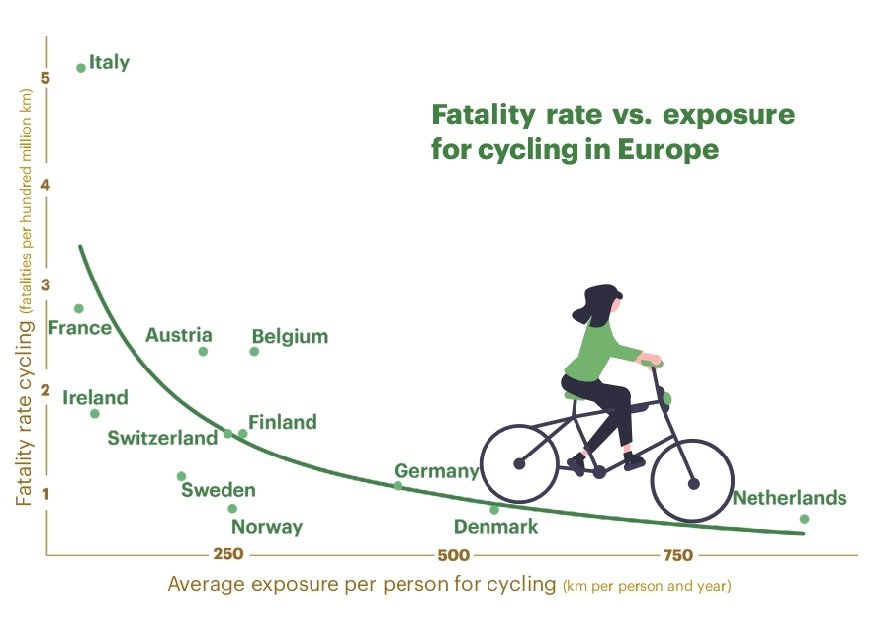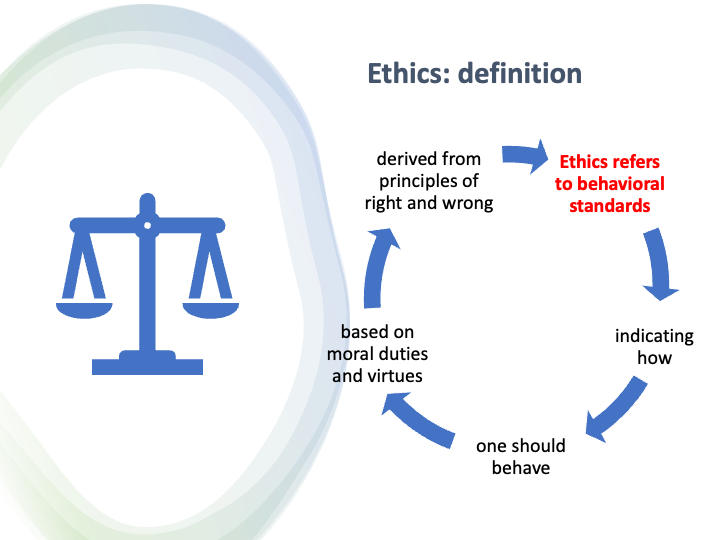Three ideas have struck me these days, and it seems to me that practicing them can serve us to live contentedly in this new year.
Margaret Atwood: “If there is a role for literature (that is, not what it “should” do, but what it actually does) perhaps it is this: literature speaks of the whole human being in a way that no other art can. A novel can be as much about exploring the minds and feelings of others…” “What does one need during a crisis? Above all, hope. Without it nothing gets done. Literature, though somber, is inherently hopeful. It bears witness to the belief that human communication is possible. Moreover, no novel that I know of ends with the death of all the protagonists.”
Michele Serra: He writes that the civilization of information forces us to know too much, which in turn becomes a daily burden to carry on our shoulders to which we add what comes from social media. All this conveys a strong sense of helplessness. What to do? “If it seems too much for you (and it is) to land on the island of the Lotusphagi, like Odysseus in Book Nine of the Odyssey, and unlike him decide to stay there, and consign forever to oblivion everything you know about the world; you can more likely do as Giorgio Gaber did in Illogica allegria. – I know, about the world and the rest too -, sang Gaber in that little masterpiece. He knew everything, but in one brief enchanting moment (“alone, along the highway”) he was seized by an inexplicable happiness. He was well, let us say, in spite of himself, and in spite of his consciousness of the evils of the world.”
Reinhold Messner: “I never asked myself what this life would bring me, how long it would last: what mattered was the audacity, not the answer to the question about the benefit to the community. We were not put into this world to die, but to express ourselves, by whatever ideas, actions, means. Our responsibility to the world is measured first by our behavior toward natural resources, and less by the experiences of the dreams we were able to realize.”







